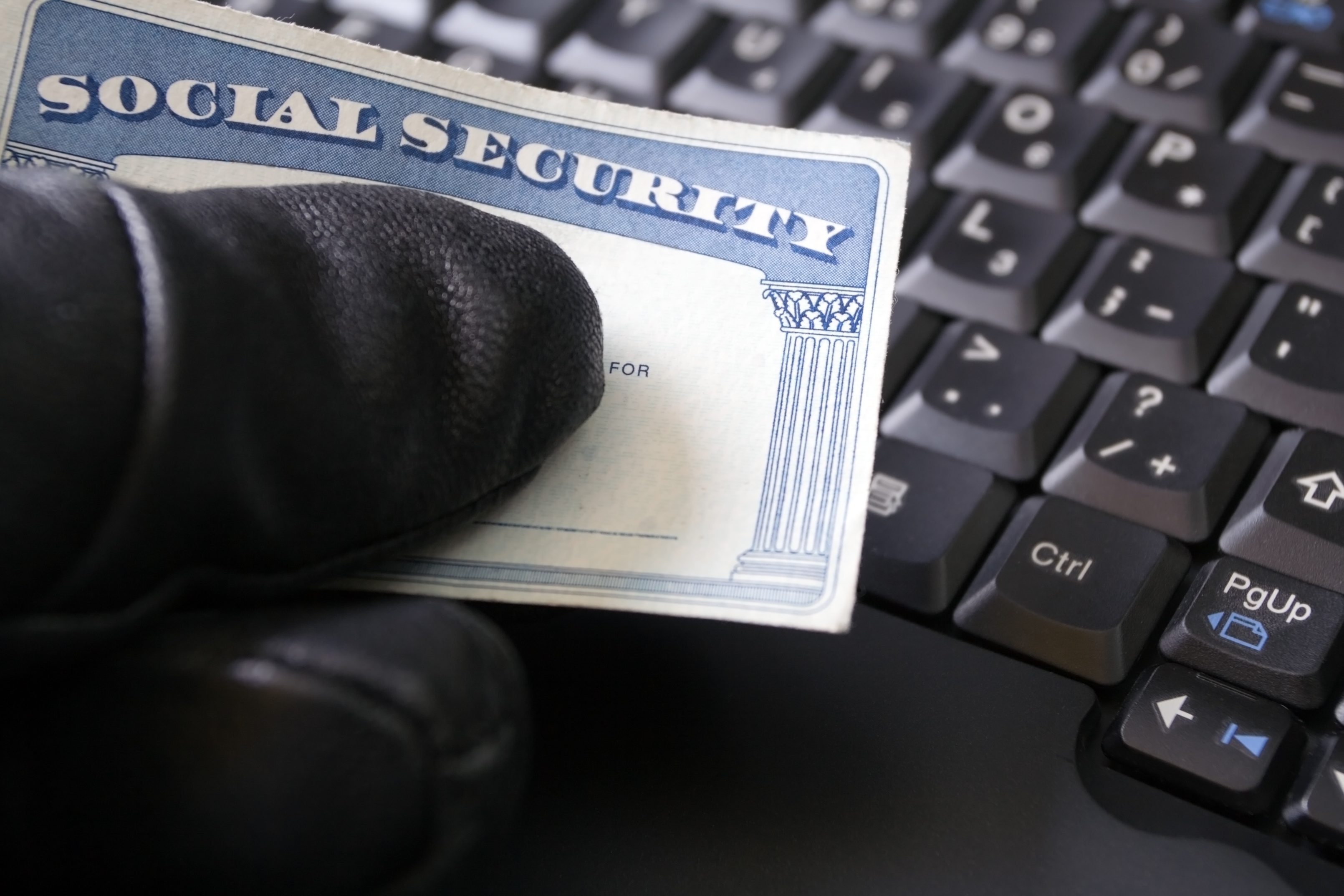
It could take years, if not months or weeks, to spot identity theft, especially if the target in question is a child. Meanwhile, fraudsters can conduct healthcare fraud, create phishing attacks, or steal personal information and sell it to third-parties.
But with early detection, companies and individuals can deter identity theft. In the case that it does happen, early detection helps by reducing the impact on targets and recovery time.
When conducting identity and privacy protection solutions, consider the following primary detection features:
Social Media Detection
Thieves who want to make quick money usually target social media websites. According to study research conducted by Arkose Labs, 53% of social media sign-ins come from fraudsters and over 75% of these attacks come from automated bots. As such, social media detection and tracking services must consider the following:
- Eliminate dangerous content that can tarnish reputations.
- Identify scams such as phishing attacks, fraudulent links, and malware.
- Scan all social platforms for accounts that use the same profile names and pictures of an individual’s protected profile, and take over the account.
Dark Web Detection
Here is a fact that many people don’t know:
The internet that people use daily for browsing, shopping, social media, and news comprises 10% of the total worldwide web. So, the better part of the web is right below the surface and not used by major web browsers.
Zillions of personal data and passwords are always put on auction on the surface of deep and dark webs- the black market. Let us use an example:
A website on the Dark Web known as Pink Panther provides fake social security numbers with credit scores up to 750 points.
Thus, deep and dark web detection must:
- Scan open web sources, records, black markets, hidden forums and untapped areas of the web.
- Determine authenticity and accuracy prior to creating alerts to prevent false alarms.
- Conduct 24-hour monitoring.
Child Identity Detection
Just like adults, children too face a lot of cyber threats and attacks. Fraudsters can steal the social security number of a child and open credit card accounts, bank accounts, apply for government benefits, utility service or loan.
Children are always at risk when using social media, playing games or even watching on YouTube. Because of this, parents and guardians alike must monitor the identity of the children first before they log in online.
Here is what child identity detection should encompass:
- Adhere to dark web monitoring guidelines to protect children’s identity on the web.
- Scan all social media platforms for ambiguous and fishy content associated with children’s identity.
- Discourage account take over of children’s social media platforms.
If you care about your financial health, then you ought to consider ID theft protection. Your personal information can easily be stolen and sued to acquire debt, credit and use services. And if your information is used to acquire money and something wrong does happen, your financial health can be affected.
Protecting Yourself is Easier than Solving the Issue
When a fraudster steals your identity, they may do immense damage within a short period of time. They can open accounts under your name, request loans which will eventually damage your credit. Even though you may not be the one responsible for all the unauthorized accounts, it becomes your responsibility to clean up the mess.
Securing your identity is the way to go – it will save you time and stress. ID theft protection services are there to help safeguard your data and retrieve your identity if it has been stolen.
It Could Compromise Your Health
Someone may use your identity to access medical services or even commit fraud, which may end up in your medical records. It will affect how medics treat you in the future and you may not get access to urgent medical attention since you may not be able to correct falsified information.
You Credit Score Can Be Damaged
If a criminal steals your identity, they may take a loan in your name, max out the debt and refuse to pay. This, as a result, will get you negative reviews on your credit report. Keep in mind your credit score is used for various things. Insurance providers use a credit report to determine your eligibility for coverage, while employers use credit reports to decide whether to hire you or not.
53% of social media sign-ins come from fraudsters and over 75% of these attacks come from automated bots.
Identity theft can happen in places you didn’t even think possible. We all know that your credit card may be vulnerable when using it at restaurants when it leaves your sight. But did you ever consider your social media accounts as a potential point of weakness for thieves to steal your identity?
Related Articles
Reasons Facebook Cannot Offer Complete Social Media Privacy Protection
Reasons Facebook Cannot Offer Complete Social Media Privacy Protection In the last quarter of...
All You Need to Know About Your Computer’s Tracking Cookies
In today’s generation, the internet is like the pinnacle of life; everybody uses it on a daily...


